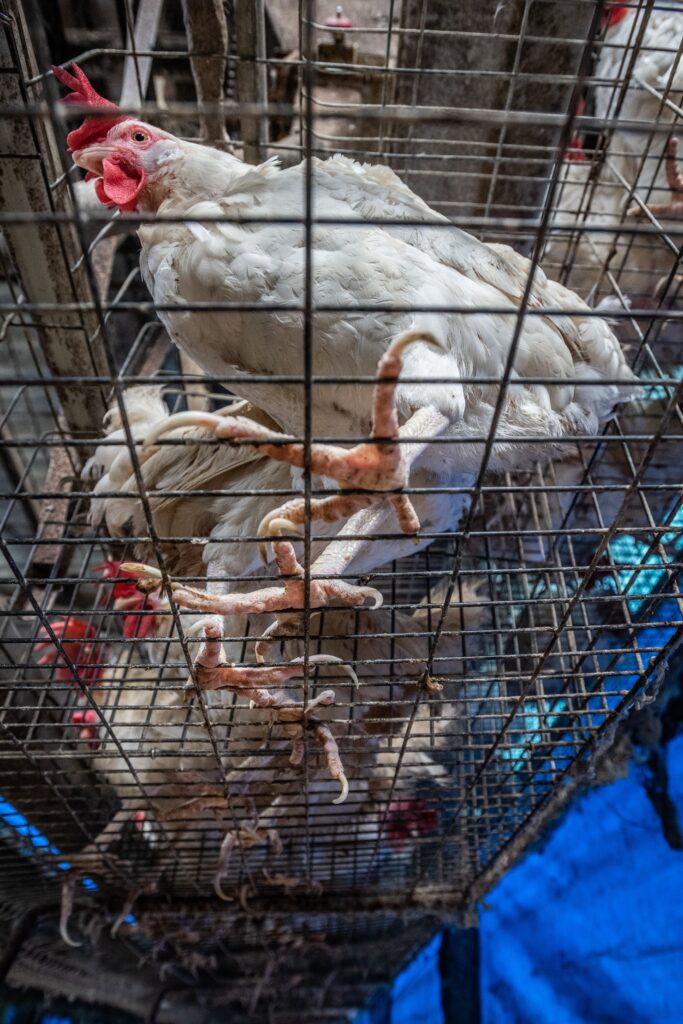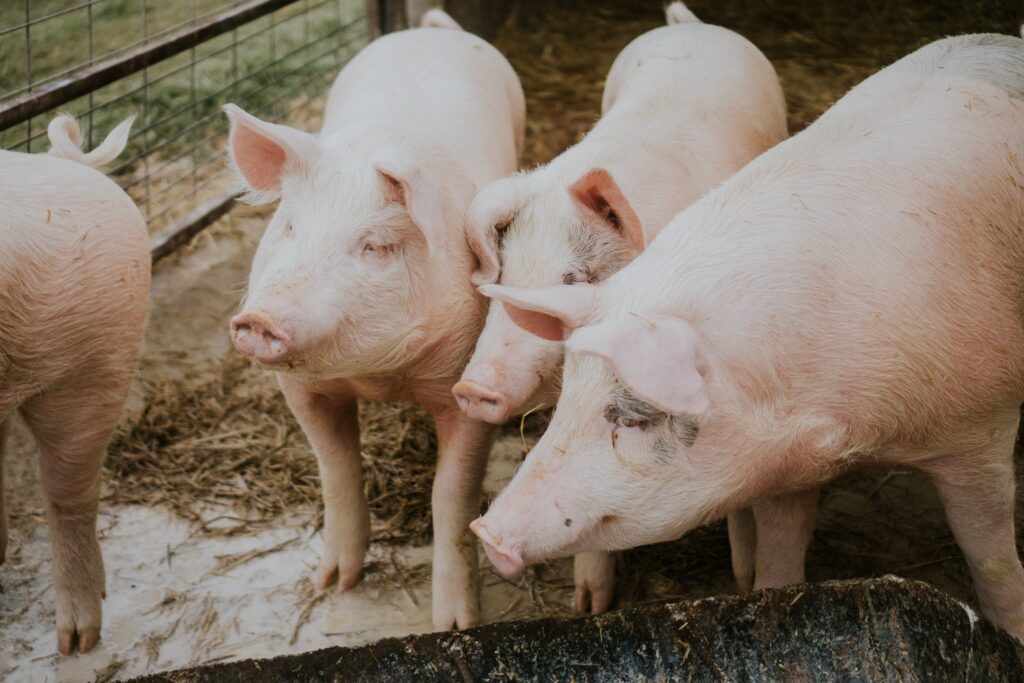PRIORITISING PIG AND POULTRY WELFARE SHOULD CUT FOODBORNE DISEASES, EFSA EXPERTS SAY
Food safety experts in Europe have recommended higher standards of pig and poultry welfare, saying that these would result in wider benefits for food consumers
In two scientific opinions, the European Food Safety Authority (EFSA), a European Union (EU) body, officials said the animals should not be kept in cages or subject to painful mutilations.
As well as improving animal welfare, the EFSA said adopting the measures would make the animals healthier, which would, in turn, improve food safety.
The scientific opinions address issues raised by the End the Cage Age citizens’ initiative, which, as SIAL Paris Newsroom reported in July 2021, resulted in the European Commission agreeing to the introduction of a ban on cages.
The opinions also, the EFSA said, provided “a scientific basis to support the ongoing revision of the European Union’s animal welfare legislation”.
In their scientific opinion on poultry welfare, as well as recommending against mutilations and cages, EFSA scientists said stocking densities should be reduced so that the birds have enough space to carry out natural behaviours.
They also said that there should be elevated platforms to allow the birds to rest and escape from each other. In addition, the use of covered verandas is recommended, as these promote exploration, foraging and dust bathing.

Providing friable litter, meaning that it crumbles easily, is also advised, and debeaking and other mutilations should not be carried out.
Chicks should be provided with dark brooders, which are warm, dark and protected areas that mimic some aspects of the mother hen, helping the animals to rest and reducing their fearfulness.
In a briefing document related to the scientific opinion, the EFSA said that good animal welfare practices “not only promote intrinsic animal wellbeing, but also help make animals healthier”.
“This is a key element for the safety of the food chain, considering the close links between animal welfare, animal health and foodborne diseases,” the organisation added.
In its scientific opinion on pig welfare, the EFSA said that sows that were lactating or about to give birth should not be housed in farrowing crates, but in farrowing pens.
The EFSA experts said that tail docking, in which part of the tail is amputated to prevent tail biting, should be avoided. Tail biting, the scientists said, was “an abnormal behaviour performed by pigs when there welfare needs are not met”.
To prevent tail biting, the EFSA’s scientists make multiple recommendations, including ensuring the animals have the correct diet and good ventilation.
Increasing the minimum space allowance, improving floor quality, providing enrichment material and ensuring that pig health is prioritised on the farm were also recommended as ways to prevent tail biting.

As part of the End the Cage Age citizens’ initiative, which was supported by the signatures of 1.4 million EU citizens, the European Commission said that by the end of 2023, it would bring in legislation to phase out and then prohibit cages.
At the time, Stella Kyriakides, the European Commissioner for Food Safety, said that there was a “clear” commitment to phase out cages as part of the EU’s Farm to Fork Strategy.
“I am determined to ensure that the EU remains at the forefront of animal welfare on the global stage and we deliver on societal expectations,” she said.
The plan is for cages to be banned for use with calves, ducks, geese, hens, mother pigs, quail, rabbits and other animals.
Compassion in World Farming, an animal welfare organisation, described the European Commission’s decision to outlaw cages as “historic”, saying that factory farming was “the biggest cause of cruelty to sentient creatures on the planet”.
The intensification of farm systems has been a major concern of animal welfare campaigners for decades, having been highlighted since at least the 1970s.
In 1975 Peter Singer, an Australian philosopher, discussed “factory farming” at length in his well-known book Animal Liberation, which detailed the welfare concerns raised by the use of, for example, battery cages for laying hens.
Main image: Improvements in chick welfare, including the provision of dark brooders, are recommended by the EFSA. Credit: Jason Leung / Unsplash
Join us at SIAL Paris as exhibitor Join us at SIAL Paris as visitor
